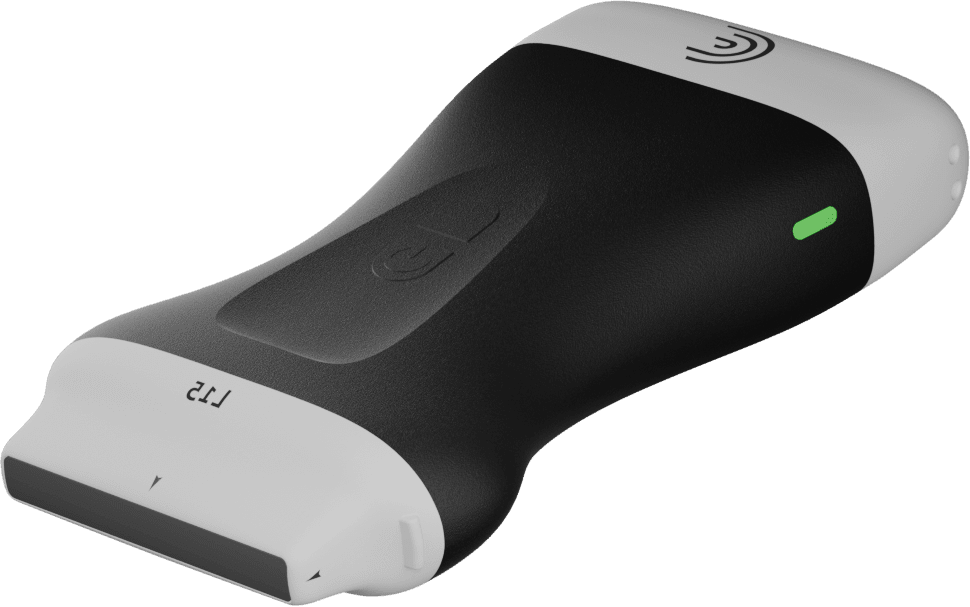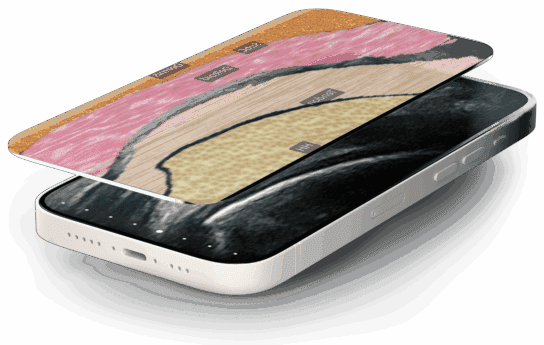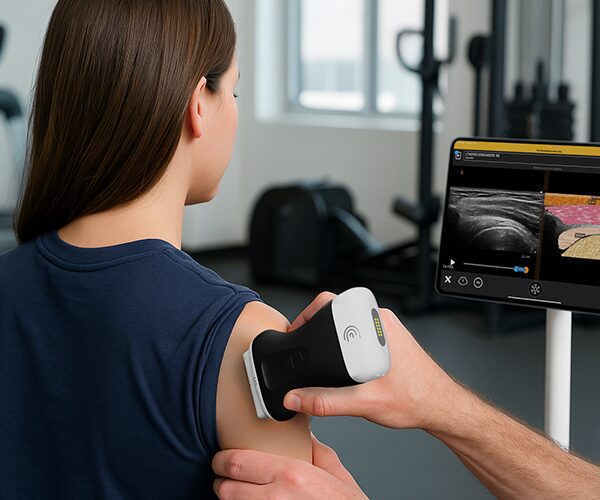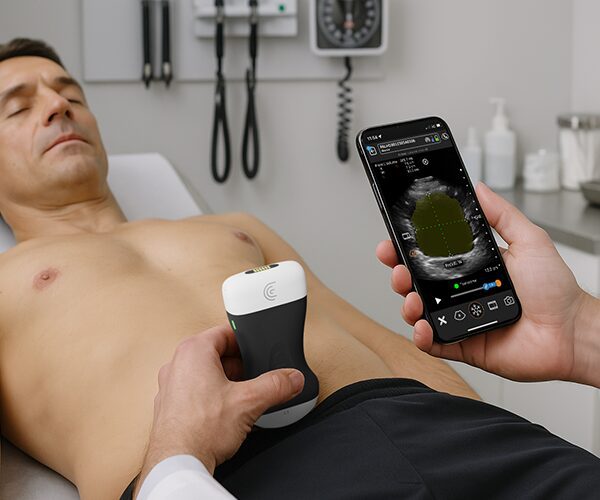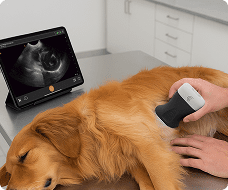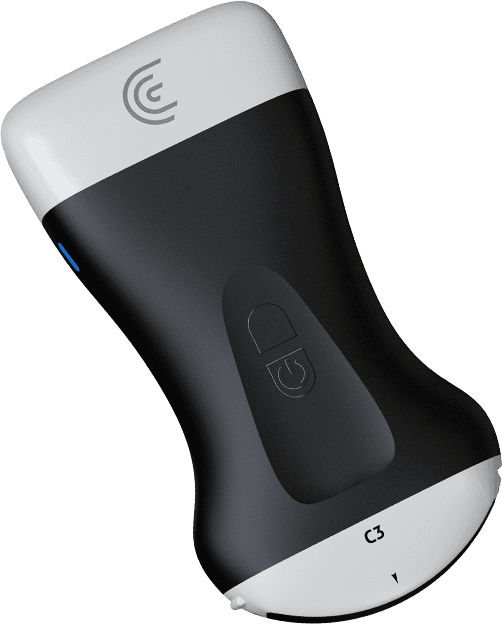“Mentorship is the key. I mean, if you think back, most professions and professionals have a component of mentorship in the profession. I mean, that is what professionals do,” he shared, emphasizing the profound impact of mentorship in shaping careers. In this engaging conversation, Dr. Rothman takes us through his remarkable journey in medicine, the importance of data and AI in healthcare, and the evolving dynamics of mentorship in a hybrid work environment.
Mentorship in the Healthcare Sector
Dr. Rothman highlights how mentors can profoundly influence the trajectory of a young professional’s career. He shares his own experiences with mentors who guided him through pivotal moments in his career, underscoring that mentorship is a two-way street. Unfortunately, he worries that it is an art and skill that has faded. “I fear that it’s being lost now because many, certainly in medicine, the drive to produce more RVUs and do more and more with less time is driving people away from the time spent mentoring others.”
Not only do mentors provide guidance and support, but they also have the opportunity to learn from their mentees, creating a dynamic relationship that fosters growth on both sides. Dr. Rothman encourages listeners to actively seek out mentors and, in turn, to become mentors themselves, thus perpetuating a cycle of knowledge and support that can elevate the entire field.
The Transformative Power of Data and AI in Healthcare
We discuss how these tools, especially AI, are not just buzzwords but essential components in improving patient care and operational efficiency. By leveraging data, healthcare professionals can make informed decisions that lead to better outcomes for patients. “When we think about trying to understand a person’s individual health, we do it by measuring things. And historically, we just really relied on blood tests and EKGs and then increased imaging,” he explains. “But in the world today, measurement is much more complex, much more thorough, and that’s because of all these medtech devices that are so important.”
Dr. Rothman emphasizes that AI can assist in understanding complex health issues, streamlining processes, and ultimately enhancing the patient experience, especially when paired with new, physical tools such as handheld ultrasound. As the healthcare landscape continues to evolve, embracing these technologies will be crucial for medical professionals aiming to provide the best care possible.
The Challenges of a Hybrid Workplace
Dr. Rothman points out that although remote work offers flexibility, it can hinder the traditional learning experiences that come from being physically present with mentors and colleagues, particularly for young professionals entering the field. “The rewrite of the social contract that has come post-pandemic, in terms of hybrid workplaces, I think it does some wonderful — look, I work hybrid at RA Capital, Zooming all the time to people around the country and world. So in some ways, it allows us to leverage expertise,” he shares. “On the other hand, I think it will have some impact on the ability for people to work together and to mentor young people.”
He stresses the importance of creating opportunities for young professionals to engage in meaningful learning experiences, even in a digital environment. This includes fostering connections through virtual platforms and ensuring that mentorship remains a priority, regardless of the setting. By addressing these challenges, the healthcare industry can better support the next generation of leaders.
Conclusion
Our conversation with Dr. Paul Rothman shed light on the vital elements shaping the future of healthcare. From the significance of mentorship to the impact of data and AI, and the challenges of a hybrid workplace, these topics are interconnected and essential for the growth of the medical field. As we move forward, it is imperative to embrace these insights to cultivate a more effective and supportive healthcare environment.
